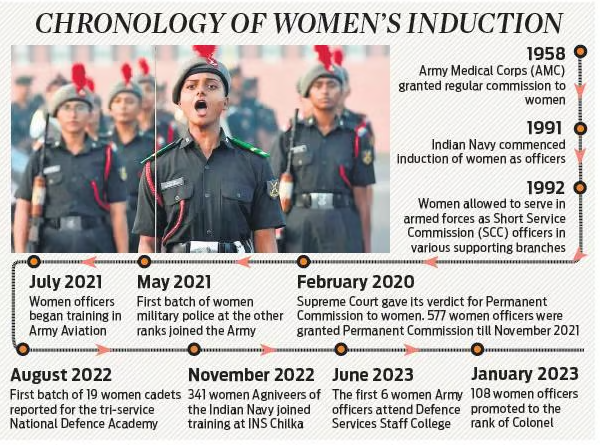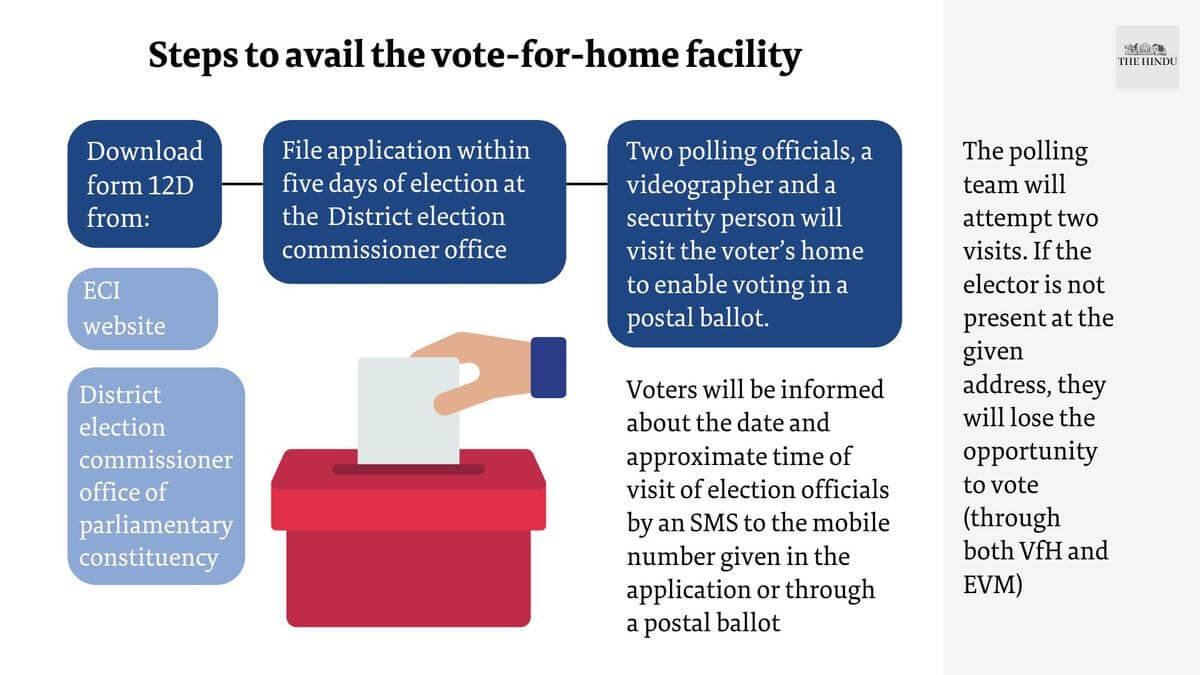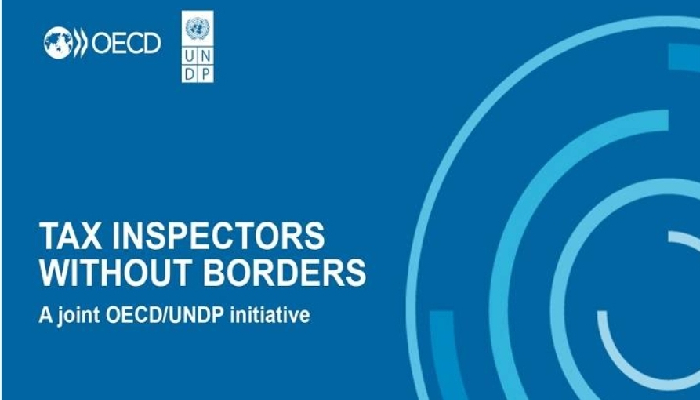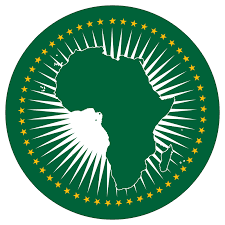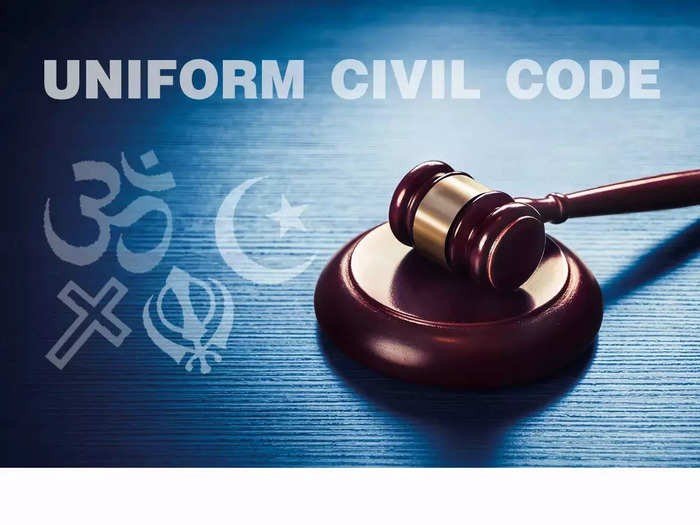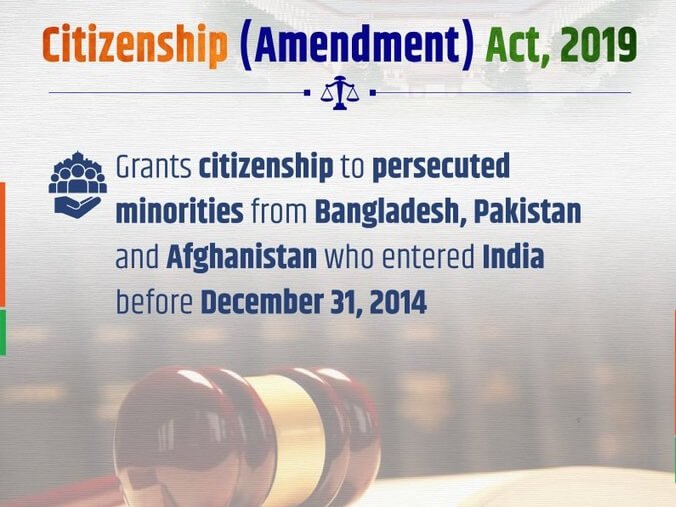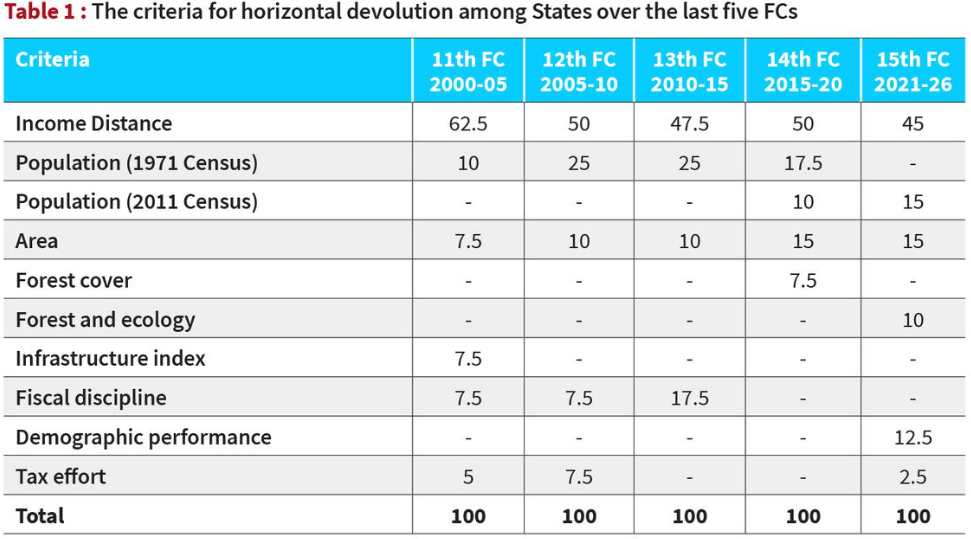
One Person, One Vote, One Value
Subscribers of "Current Affairs" course can Download Daily Current Affairs in PDF/DOC
Subscribe to Never Miss an Important Update! Assured Discounts on New Products!
Must Join PMF IAS Telegram Channel & PMF IAS History Telegram Channel
- Context (TH I TOI I IE): The SC has directed the GoI to establish a Delimitation Commission to address the need for increased reserved seats for SCs and STs in Lok Sabha and State assemblies.
What is One Person, One Vote, One Value?
- One Person One Vote One Value is a principle that ensures every individual has an equal right to vote and every vote is equal in value. This principle is essential in any democratic society where citizens have an equal say in decision-making.
Significance of One person, One vote, One value
- Ensures fairness in the electoral process by giving everyone an equal chance to have their voice heard.
- Prevents discrimination based on race, gender, religion, or any other factor that could be used to exclude people from the electoral process.
- Encourages participation: When citizens know that their vote has the same value as anyone else’s, they are more likely to participate in the electoral process.
- Ensures representation: It ensures that elected officials truly represent the views and interests of all citizens, not just a select few.
- Ensure political equality as IC provides equality of opportunity to participate in the political decision-making process.
Dilution of Principle of One person, One vote, One value
Quantitative dilution
- Quantitative dilution happens when votes receive unequal weight due to deviations in the population among the constituencies.
|
Qualitative dilution
- It happens when a voter’s chance of electing a representative of its choice is reduced due to gerrymandering (redrawing of boundaries to favour a candidate/party).
- Qualitative dilution of vote value parity can be used to sideline or make minority votes insignificant.
- It is done majorly in three ways:
- Cracking: Where areas dominated by minorities are divided into different constituencies.
- Stacking: Where the minority population is submerged within constituencies where others are in majority.
- Packing: Where minorities are packed within a few constituencies.
- This is highlighted in the National Commission to Review the Working of the Constitution and the Sachar Committee Report:
- In a majority of the seats reserved for SCs by the Delimitation Commission (1972-76), the population of Muslims was more than 50% and also higher than the SC population (If the seats were not reserved, Muslim candidates could have won).
- Constituencies that had a large SC population and a lower Muslim population were declared unreserved. This has a major impact on the number of Muslim representatives in Parliament.
|
Constitutional Safeguards to avoid Dilution
- Articles 81 and 170 of IC state that the population ratio for the Lok Sabha and State Legislative Assembly constituencies shall be the same as far as practicable.
- Article 327 of IC empowers Parliament to make laws related to the delimitation of constituencies, which cannot be questioned in a court of law.
- As per the Delimitation Commission Act 1952 and Art 329A of the IC, the Commission’s orders are final and have the “full force of law and shall not be called into question in any court”.
- Articles 330 and 332 of IC guarantee the reservation of seats for SCs and STs in Parliament and State Legislative Assemblies.
Delimitation
Delimitation Commission
|




![PMF IAS Environment for UPSC 2022-23 [paperback] PMF IAS [Nov 30, 2021]…](https://pmfias.b-cdn.net/wp-content/uploads/2024/04/pmfiasenvironmentforupsc2022-23paperbackpmfiasnov302021.jpg)
